What is more important is: What should students learn, and how should they learn so as not to be replaced by AI, not to be left behind?
What to learn to not be outdated?
Moving from high school to university is a big turning point. But in this day and age, if you simply think “I study major A to work in career A”, you will easily fall into an uncertain future. Because changes in technology and techniques are not happening in exponential cycles. There are jobs that were stable yesterday, but are now a thing of the past. There are new tools that appear and immediately transform an entire industry.
So, the more correct question is: What should we learn to always maintain our professional value, no matter how the world changes?
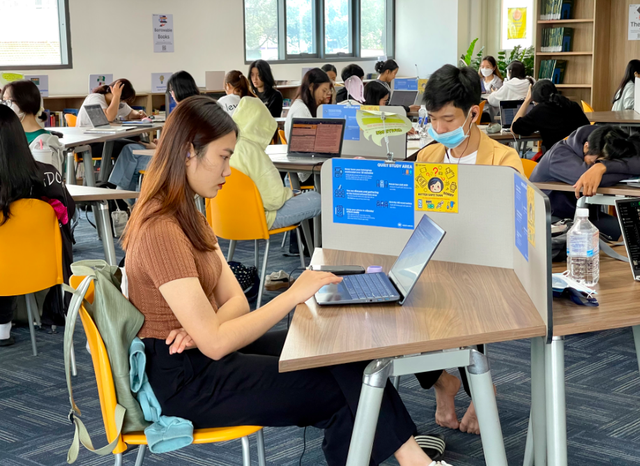
Students in the AI era need to be equipped with 5 core competencies
PHOTO: MY QUYEN
Every new-age student needs to be equipped with 5 core competencies:
Embrace technology and data: Even in creative fields like writing and art, technology is making inroads. Artificial intelligence is not just a tool – it is becoming a co-worker. If you don’t understand technology, if you can’t read and analyze data, you will be left behind in any industry.
Understanding the world and the economy : We live in a hyper-connected economy. A change in Silicon Valley today can affect a small business in Hanoi tomorrow. Students need to think globally and be able to analyze trends, if they do not want to fall behind in their own country.
Deep expertise: This is obvious. No matter what you study, software engineering, logistics or digital media... academic foundation and practical skills are indispensable. However, depth alone is not enough.
Personal mindset: In an uncertain era, the most important thing is personal courage. It is impossible to “change with the wind”, students need to be trained to be steadfast and adaptable, but not lose core values. This is the mindset that the world's leading businesses are looking for.
Soft skills, or more precisely core competencies: Critical thinking, problem solving, effective communication, flexible teamwork, understanding of digital ethics and the ability to learn throughout life. These are the real “qualifications” that help students survive, thrive, and lead in any technological era.
How to learn without getting lost?
The answer lies not in the curriculum, but in the philosophy of education .
Active learning - constructivist learning: Students are no longer passive memorizers, but creators of their own knowledge systems. Schools can provide programs, tools, and environments; but students are the ones who decide their own learning path.
Interdisciplinary learning: No profession exists independently. Nowadays, any economic activity is related to many industries. When you go to work, whether you are an employee or a boss, the results of a business are related to many industries, not just one. Even if you specialize in one industry, you still need to know what the other industry is like.
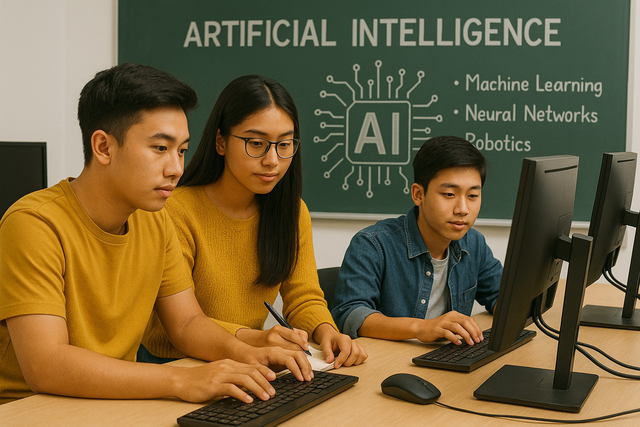
In the age of AI, students are no longer passive memorizers, but creators of their own knowledge systems.
Photo: AI
A marketer must understand technology. A programmer must understand users and the market. At university, students must be exposed to technology, especially artificial intelligence. Universities must actively integrate AI into both directions: tools to support learning and teaching (such as virtual tutors, learning ability analysis), and at the same time, incorporate it into the design of the output training programs of the majors. We do not teach students to follow technology, but to learn how to stay ahead of it in terms of thinking, ideas, and adaptability.
Learning through real projects: In the internship semester, students do not go on “data collection internships” but actually work at agencies and businesses. Students work with real KPIs, deadlines, customers, and colleagues. Graduation projects are mostly interdisciplinary, related to business needs or socio-economic development problems.
Learning through experience and community service: Universities should organize programs that require students to go outside the campus, participate in digital transformation for the locality, support OCOP (one product per commune/ward), agricultural models, etc. Learning is not only to enrich oneself, but also to understand society and contribute to social construction.
Education is not just about imparting knowledge, but about preparing people. The ultimate goal of university education is not to train people to do well today, but to train people who can do well any job tomorrow, no matter how technology, market or world changes.
In an age where AI can write poems, design logos, or process orders for humans, the only thing that makes us different and valuable is not knowledge, but our thinking ability, adaptability, and desire to excel.
I hope young people will think carefully before choosing a major and choosing a way to study for themselves in the AI era.
Source: https://thanhnien.vn/sinh-vien-thoi-ai-hoc-gi-hoc-the-nao-de-khong-tut-hau-185250518095314751.htm










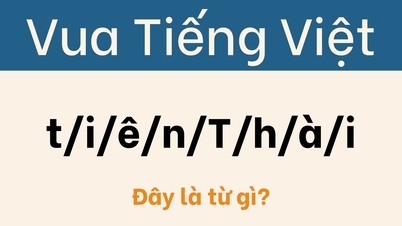




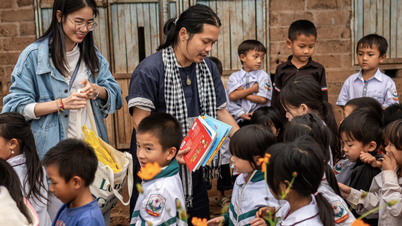













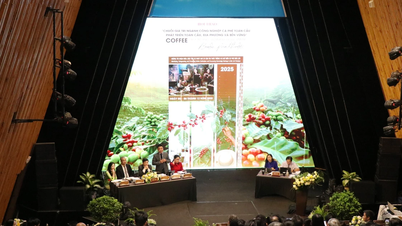







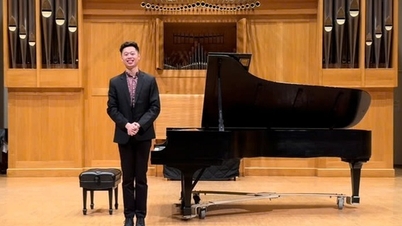
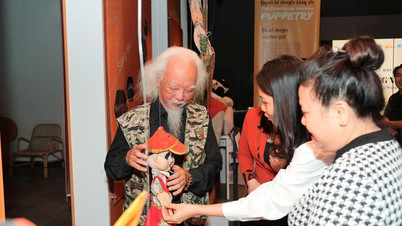

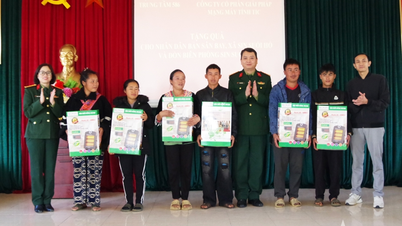

















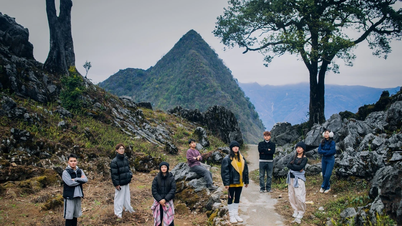
















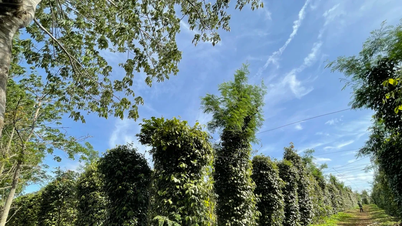



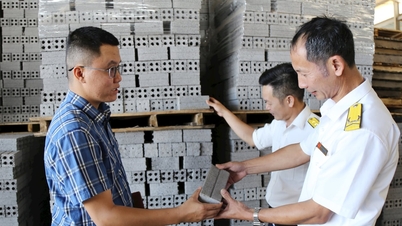















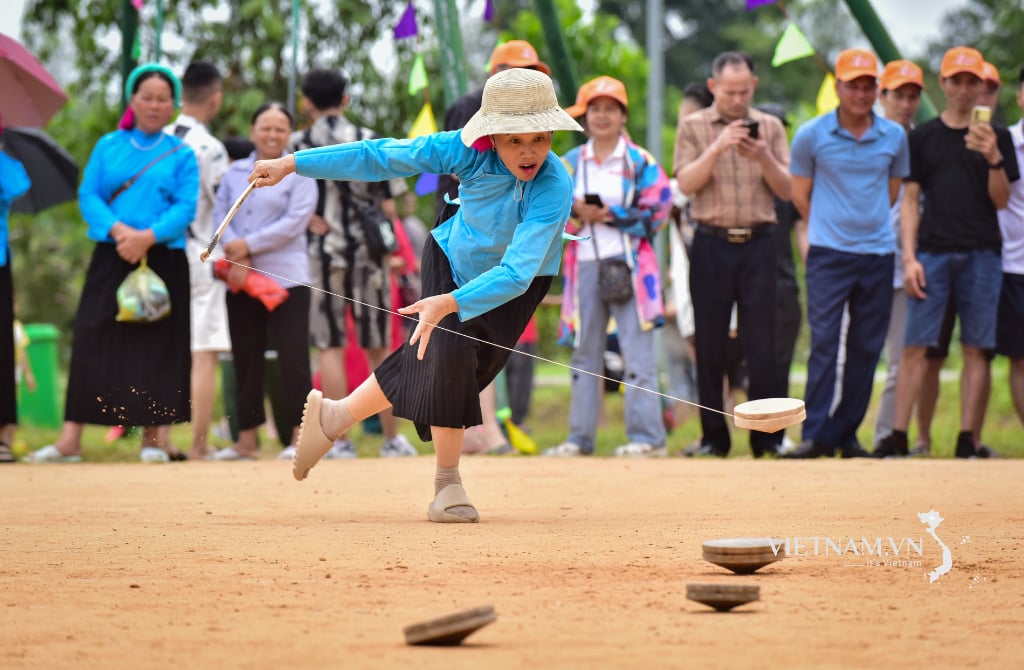




Comment (0)